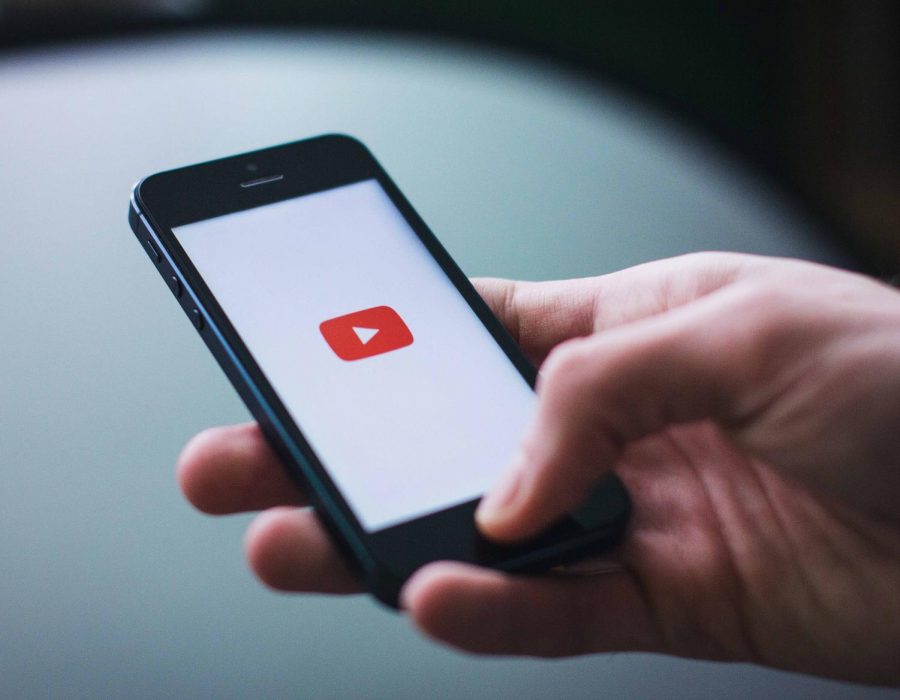Companies need to distinguish between platform and publisher
Opinion Columnist Colin Horning explains the importance of Silicon Valley companies deciding if they are a platform or publisher of content.
Oct 14, 2019
In the year 2019, it’s easier than ever to share your opinions and express oneself for the entire world to hear, thanks in large part to the Internet and social media companies who have provided the masses with services that allow a virtual free-speech platform. A little over a decade ago, it was basically impossible for the average person to become a celebrity or well-known personality because of the sheer lack of opportunity to do so. The concept of making a living off the Internet was unheard of, until YouTube skyrocketed in the mid-2000s, followed by Facebook, Twitter and Instagram. These products have seen average people quit their jobs and dedicate their lives full-time to making YouTube videos and promoting their businesses on other social media platforms. Silicon Valley companies like these were providing the average person with an outlet to express themselves, gain a following, and become relevant in whatever their craft may happen to be. Simply owning a laptop or smartphone and having Internet access was enough to become well-known Internet star, until the so-called “Ad-pocalypse” of Youtube back in 2017.
After reports came out of advertisements playing on graphic and “non-advertiser friendly” content, YouTube was given a pathway to demonetize many channels that “violated the terms of service.” While some of these channels legitimately displayed explicit and graphic content, YouTube began to blur the lines of what following the “terms of service” meant. Popular political, social commentary and even video gaming channels saw up to 99 percent of ad revenue disappear from their videos despite the fact there was nothing objectionable about the content. Demonetization was just the first step, however, as well-known Internet personalities such as Paul Joseph Watson, Laura Loomer and Liberty Columnist were completely deprived of any ad revenue as well as kicked off Facebook, Twitter and Instagram altogether. The list is much longer than these, of course. Big Tech and Silicon Valley companies have become the guardians of what can and can’t be said on the Internet, which is a very dangerous reality.
The common justification for censorship on social media is that since these companies are privately-owned, that they are allowed to choose who is able to speak and who cannot. While this is a valid argument in some cases, it should differ in the case of free speech.
From a legal standpoint, YouTube has the free-reign to kick people off its platform if the company deems it to be necessary. But YouTube and other Silicon Valley companies need to decide if they are platforms or publishers of content.
Up until recently, these services have been platforms for the average person to express themselves creatively and provided them with the opportunity to gain a following. In simpler terms, the platform allowed any and all kinds of content, similar to how the 1st Amendment of the Bill of Rights allows any and all kinds of speech. But in the last few years, companies like YouTube and Facebook have escalated the amount of content restriction to the point that they’re actively policing everything that goes on in their service, making them more like content publishers than actual free speech platforms. It’s not possible to be both; Silicon Valley giants need to decide how their business should be classified in order to be more visible about their motives.
Big Tech and social media companies are essentially the primary way in which freedom of expression is prevalent in modern society. They have given an opportunity for countless people to express themselves to the world, and have allowed many people to make entire careers out of content creation and Internet entrepreneurship. Our society has advanced to the point to where we rely on social media companies for free speech. If we allow them to authoritatively control the speech that is allowed, then we have more to fear from Big Tech and Silicon Valley rather than big government.


















